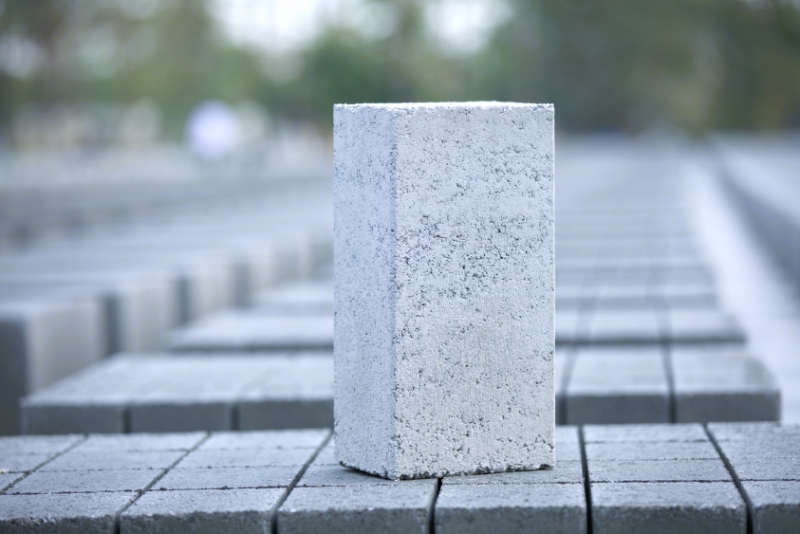
The block is unlikely to be seen as it is at the bottom of these high rise buildings, supporting the construction and providing the strength and stability to allow designers and developers to push boundaries of what can be achieved.
It is regularly specified for commercial office buildings, schools and apartments.
Blocks is available in Fair Faced, Paint Grade and Standard finishes. It is an ideal block for use in a wide range of commercial applications. Amongst many of its attributes are its high levels of air tightness, sound insulation and fire resistance, a subject which has had a high degree of scrutiny following recent events.
People begin to move in and construct their own homes as culture and civilization develop.
According to their culture, taste, environments, and materials available, there are various types of housing.
The framework of a building is also not a suitable place to live.
Numerous components, including the building’s foundation, stairs, walls, floors, and roof, contribute to the structure’s stability, identity, and strength.
The house or building is divided into different rooms, such as the bedroom, living room, kitchen, bathroom, laundromat and storeroom.
Prior to the development of modern technology, the majority of buildings were constructed using red bricks, stones, mortar, and wood.
Concrete is frequently used to construct sturdy buildings, though it is not the only material that goes into building a structure.
a couple of large masonry units
- Clay Bricks
- Natural Stones
- Concrete Blocks
- Fly Ash Bricks
Definition of Concrete Block.
‘David Blockley’ claims that a concrete block is a ‘building block made entirely of concrete.
which is then joined with Mortar to create an impressive, durable structure.
‘Hollow’ or ‘Solid’ blocks are used to construct these kinds of structures.
Depending on the needs, it can be regular and lightweight concrete in various standard sizes.
Pros of Concrete Blocks
Because concrete blocks are narrower than typical brick masonry walls, they reduce the wall thickness, which enlarges the carpet area in a room.
Concrete blocks protect interiors from noise pollution because they absorb sound and also provide fire protection.
Superior thermal insulation is provided.
Due to the large size of the blocks, manufacturing concrete blocks is quicker, stronger, and more structural than brick masonry.
Concrete blocks protect farmers’ land, which would otherwise have been extensively dug up for the production of clay bricks.
Compared to conventional masonry buildings, individual units can be produced in larger custom sizes and shapes, ensuring a quick construction cycle with fewer joints while reducing mortar consumption rates and increasing gross construction value.

